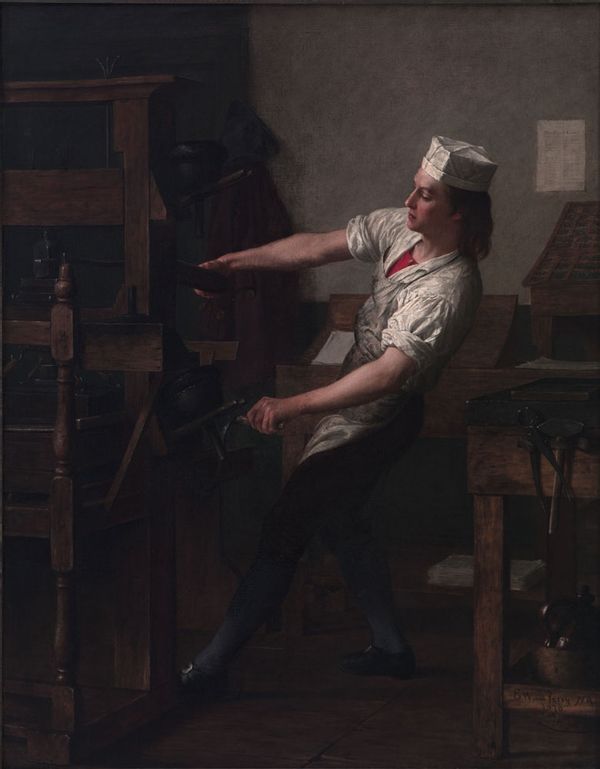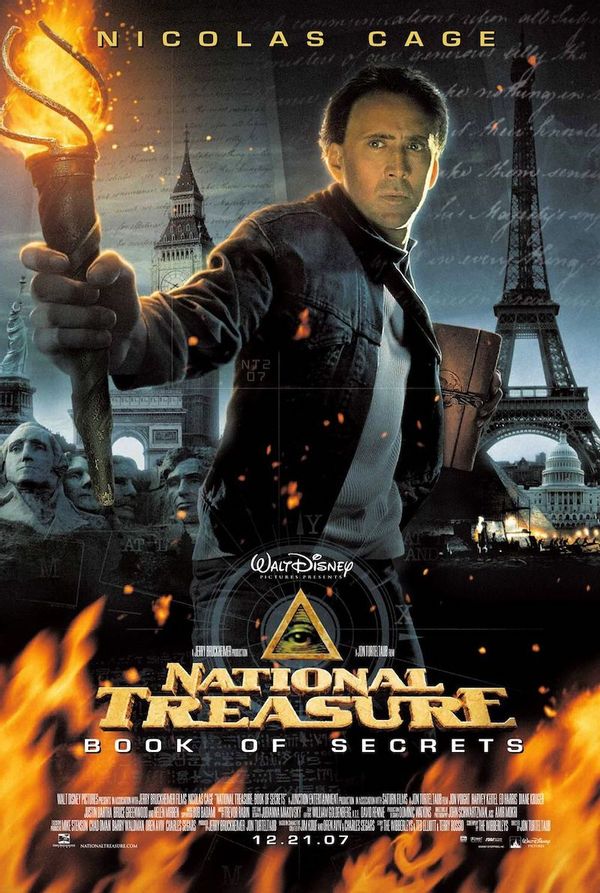
He's the latest subject of a Ken Burns documentary, PBS' double header "Benjamin Franklin," which is now streaming. Quotes attributed to him spring up everywhere, including on Netflix's "Virgin River." Why has Benjamin Franklin, or our idea of Franklin, endured in our national memory for so long, and where are some of the places in popular culture to continue to find him?
Related: Ken Burns on Benjamin Franklin & our nation's flawed identity: "Race is the central question" of US
As Carla Mulford wrote in her article "Figuring Benjamin Franklin in American Cultural Memory" from "The New England Quarterly": "Franklin's figure offers a representative case of the multiple ways Americans have searched for a national culture." He's a founding father, helped draft the Declaration of Independence and was one of its signers, but we often think of him attaching a key to a kite in a storm with reckless optimism that confirmed electricity. He had gout, a disease whose risk factors historically included eating rich food and drinking alcohol, though it's now known to be an inflammatory arthritis that can impact anyone, and whose old-fashioned nickname "the disease of kings" calls to mind American excess.
Franklin's face is also on the $100 bill, which means he will live on in slang and in songs forever.
Franklin's second life after getting cut from "Hamilton"
Lin-Manuel Miranda's Broadway musical about the founding fathers originally included a tune called "Ben Franklin's Song." When he couldn't figure out how to place the scene, Miranda cut the song, which features Franklin boasting about his accomplishments and romantic conquests and lamenting the story of his illegitimate son, who was a British Loyalist.
In 2016, Miranda contacted The Decemberists' front leader Colin Meloy to offer the band the discarded song to record. They did, to stunning results. The chorus includes the very catchy "Do you know who the f**k I am?" Franklin is not modest, at least not in this version.
Rolling Stone describes the tune as a "triumphant, expletive-laced folk-rock track." It's one of my son's favorites and he has been informed in no uncertain terms can he ever sing it in front of his grandparents.
Quotable Franklin
Some lines in his enduring "Poor Richard's Almanack," the book Franklin first published under a pseudonym in December 1732 with everything from life advice to weather predictions, were not original musings, but sayings from figures like Plato, which Franklin paraphrased or expanded.
Franklin adopted a persona in the book, the narrator Poor Richard, whose personality changed over time.
Franklin adopted a persona in the book, the narrator Poor Richard, whose personality changed over time from being rather foolish to being a quietly wise and humble philosopher, espousing adages such as "Early to bed and early to rise, makes a man healthy, wealthy, and wise."
Almanacs were popular at the time, a form of yearly books that include a calendar, and farm and weather information such as the rising and setting times of the sun and moon, sprinkled with other data.
Over the years, lines from "Poor Richard's Almanack," which was an annual publication edited by Franklin until 1757, have been mentioned everywhere, from T-shirts to TV shows. The National Constitution Center describes Franklin as possibly "the most-quoted public figure of his generation."
No, he didn't say that

Sadly, Franklin also never said or wrote "God made beer because he loves us and wants us to be happy."
Sadly, Franklin also never said or wrote "God made beer because he loves us and wants us to be happy," though Franklin did write in a letter of rain entering the vines of grapes and becoming wine as "constant proof that God loves us, and loves to see us happy."
Franklin for kids
An adorable animated version of Franklin makes a recurring appearance on "The Fairly OddParents." You can find him as a playable character on the game "Tony Hawk's Underground 2," not to mention in children's books from the mouse-narrated "Ben and Me" to "Ben of All Trades: The Most Inventive Boyhood of Benjamin Franklin."
And he even had his own series called "Liberty's Kids," an animated show that aired on PBS in which Benjamin Franklin (voiced by Walter Cronkite) and his teenage reporters experience life during the American Revolution, covering stories from the Boston Tea Party to the ratification of the Constitution. It's exciting, patriotic stuff.
Watch the opening sequence (featuring a theme song complete with rap breakdown) below, via Mill Creek Entertainment, which bought the home video rights to the series:
Franklin the time traveler
Frequently in time travel stories, from "The Flintstones" to "Bewitched," Franklin is there — a surefire, instantly recognizable way to indicate we're not in Kansas anymore. Or, in the current year. He plays charades in "Bill and Ted's Bogus Journey," and there's a Ben Franklin impersonator on "The Office."
Franklin invades sports

Franklin the namesake

Want a daily wrap-up of all the news and commentary Salon has to offer? Subscribe to our morning newsletter, Crash Course.
Franklin's physical appearance is perhaps the most recognizable of the founding fathers: his long hair (bald on top), buckle shoes and round glasses; his many inventions included bifocals. In portraits we have of him, he's also half-smiling, Mona Lisa-style, as if he knows a secret. He gave us a lot of advice and words (well, some of which we made up) and he gives us a lingering image, one that would not be possible without the power he also gave us. As The Decemberists sing in their song about him: "Electricity. Yeah, you can all thank me."
More stories like this:
- Colonial America was divided over smallpox inoculation, but Benjamin Franklin championed science
- The secret sex lives of the Founding Fathers
- Founders: Removal from office is not the only purpose of impeachment







